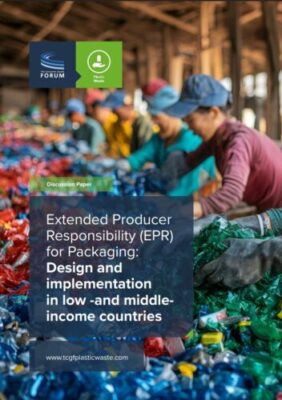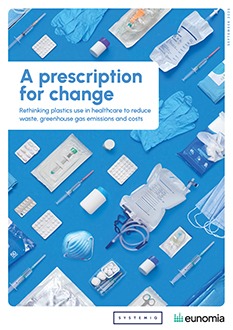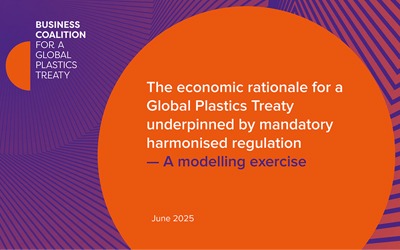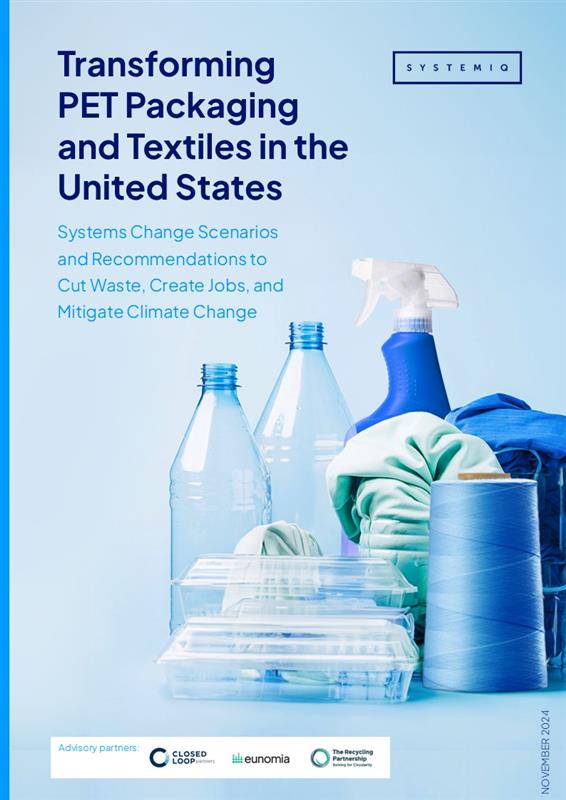Plastic pollution is rising fastest where waste systems are weakest. A new discussion paper from The Consumer Goods Forum’s Plastic Waste Coalition sets out practical steps to help low- and middle-income countries build fairer, more effective systems for managing packaging waste.
Plastic pollution is one of the most visible environmental challenges of our time. In many low- and middle-income countries, packaging makes up a large share of the waste found on streets, in rivers, and across communities – yet local authorities often lack the infrastructure or resources to manage it effectively.
To help address this challenge, the Consumer Goods Forum (CGF) Plastic Waste Coalition of Action has launched a new discussion paper, Extended Producer Responsibility (EPR) for Packaging: Design and Implementation in Low- and Middle-Income Countries. Building on The CGF’s 2022 Principles for Optimal EPR Design, the paper provides practical guidance for policymakers, businesses, and waste management stakeholders on how to create effective EPR systems in contexts where solid waste infrastructure is limited and the informal sector plays a vital role.
The paper highlights that while EPR can be a game-changer for packaging waste, it is not a silver bullet. It must be implemented alongside broader investments in waste management systems and supported by coherent policies that promote reduction, reuse, and recycling.




